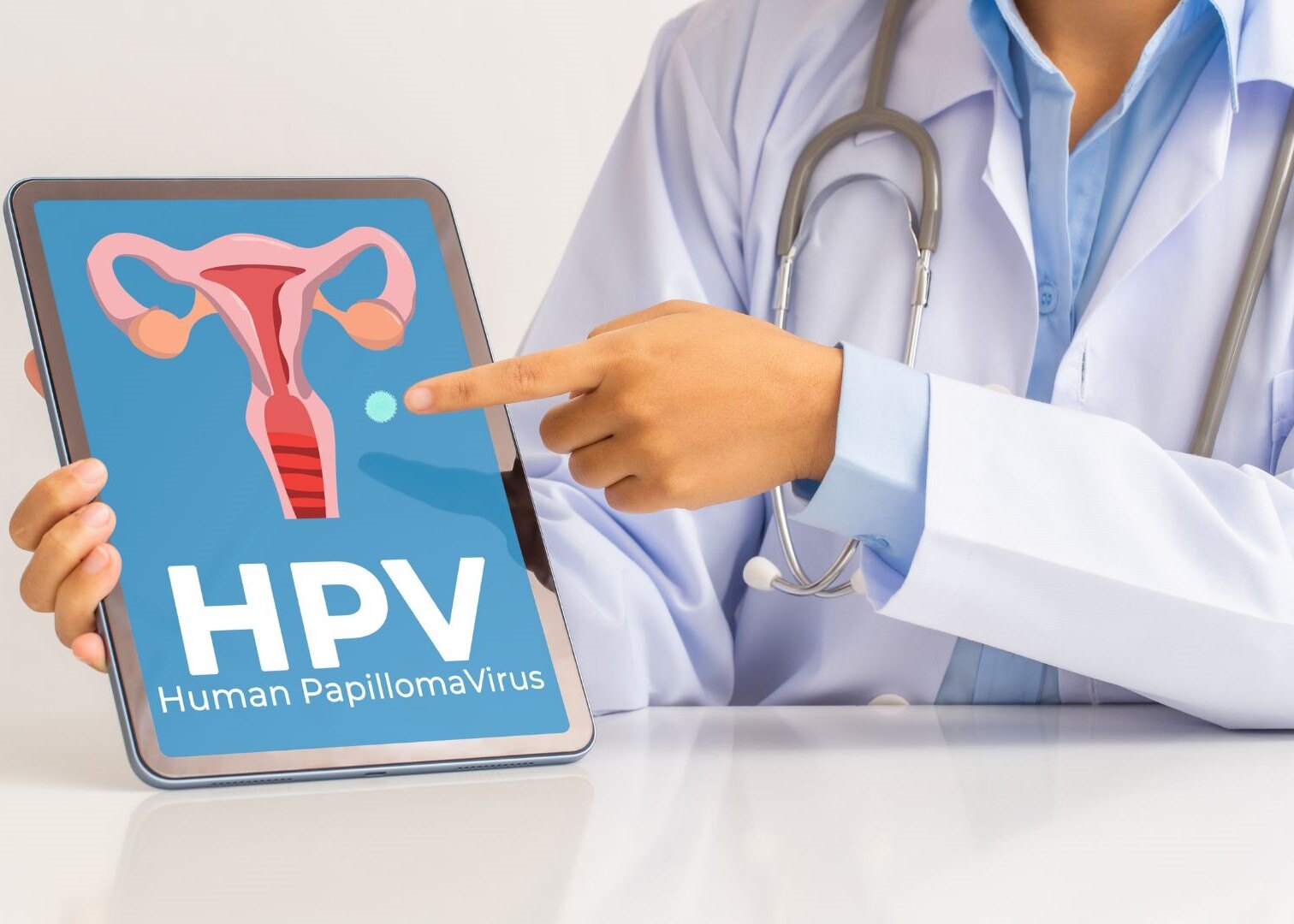Advancing Cervical Cancer Treatment: FDA Approves Roche's New Self-Collection Option for HPV Testing

HPV tests detect the presence of human papillomavirus (HPV), a virus that is known to cause cervical cancer. According to the National Cancer Institute, over 13,000 women are newly diagnosed and 4,000 women die every year in the USA as a result of cervical cancer. Over half the cervical cancer cases in the USA occur among women who have either never or have infrequently participated in routine screening.
Roche's HPV self-collection offers an accessible screening option and will improve access to testing by providing women the option to privately collect their own sample. This test allows patients to collect their own vaginal sample without the need for a pelvic exam.
The sample is then sent to a lab to be analysed using Roche's cobas HPV testing system which can detect cervical intraepithelial neoplasia of grade 2/3. The test also detects 14 types of high-risk HPV genotypes, including HPV 16 and HPV 18, which are associated with most HPV-related cancers.
Related:
- AutoPrognosis, An Innovative Tool Used to Predict Lung Cancer Risk
- From Theory to Therapy: Accelerating Ligand-Based Virtual Screening with AI and ML Technologies
- From Screening to Success: How Molecular 'Super-Glue' SJ3149, Could Advance Cancer Treatments
Roche's cobas HPV testing system was validated with data from the Improving Primary Screening And Colposcopy Triage Trial (IMPACT trial). The IMPACT trial was an extensive trial that included 35,263 patients. 21% of patients were black, 24% Hispanic/Latino, and 0.3% American Indian or Alaskan native. The diversity of the sample was crucial to accurately examine the performance of dual stain in patient populations with higher incident rates of HPV. However, this trial didn’t involve self-collection of samples.
Roche collaborated with the National Cancer Institute's cervical cancer "Last Mile" Initiative which has focused on the self-collection of cervical samples that can be collected at home and sent for HPV testing. This project is a public-private partnership that was set up to tackle disparities in screening access and reach individuals who are never screened or under-screened.
In general, results from home collection HPV testing kits have been mixed. In the USA, direct-mail self-sampling increased cervical cancer screening by 14% among individuals due or overdue a screening. Despite ample follow-up guidance, only 76% of participants with a positive HPV-16 or HPV-18 returned for colposcopy, suggesting room for improvement.
Overall, cervical cancer is highly preventable and early detection is critical in facilitating prevention. This FDA approval marks a monumental milestone in the health sector. Roche's HPV testing kit will help improve access to testing and give women the option to privately collect their own sample, illustrating Roche's commitment to patient-centricity and promoting access and adherence.






